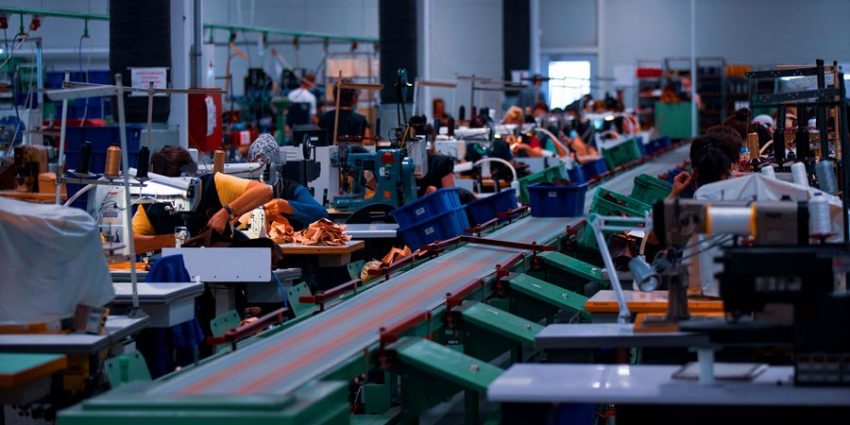Ever wonder what keeps our industries humming and our economy bustling? It’s not just the brains behind the operations but also the brawn – the industrial tools. These unsung heroes are the lifeblood of various sectors, making sure everything from manufacturing to construction runs smoothly. Without these essential tools, the gears of our economy would grind to a halt. Let’s dive into how industrial tools play a pivotal role in supporting the backbone of our industries.
The Backbone of Industries
Industrial tools are, quite literally, the backbone of modern industries. Imagine trying to build a skyscraper without the right tools – impossible, right? These tools enable efficient production, streamline operations, and ensure that maintenance tasks are handled with precision. They’re the secret sauce behind productivity, quality control, and cost-effectiveness, driving economic growth and fostering innovation across various sectors.
Think about it: every car, smartphone, and piece of furniture you use has been shaped, in one way or another, by industrial tools. From the machining of metal parts to the assembly of intricate components, these tools are crucial for turning raw materials into finished products. They help companies meet high standards, maintain consistency, and push the envelope in developing new technologies.
Facilitating Production and Innovation
Industrial tools are the unsung heroes behind every product we use daily. They facilitate the entire production process, from the initial machining and assembly stages to the final packaging and distribution. Without them, manufacturers would struggle to streamline operations, increase output, or introduce new products to the market.
Picture an assembly line in a car factory. Each station relies on specific tools to perform tasks with precision and speed. These tools enable workers to build cars efficiently, ensuring each vehicle meets stringent quality standards. Moreover, they allow manufacturers to innovate, bringing new designs and technologies to consumers faster than ever before.
Ensuring Safety and Compliance
Safety first, right? When it comes to industrial tools, this motto couldn’t be more important. Proper training, regular maintenance, and strict adherence to safety regulations are crucial in preventing accidents and injuries. Industrial tools often come equipped with safety features that protect workers, such as automated systems for hazardous tasks and ergonomic designs to reduce strain.
For example, tools designed with ergonomic handles can prevent repetitive strain injuries, while automated machinery can handle dangerous tasks that would otherwise put workers at risk. This not only enhances safety but also boosts productivity by ensuring that workers remain healthy and capable of performing their duties efficiently.
Supporting Small Businesses and Entrepreneurs
Industrial tools aren’t just for the big players. They empower small businesses and entrepreneurs to compete on a global scale by providing access to advanced manufacturing technologies. These tools drive innovation, foster entrepreneurship, and create opportunities for economic advancement.
Imagine a small startup with a brilliant idea for a new product. With access to industrial tools, they can prototype, refine, and manufacture their product without needing a massive infrastructure. This democratization of technology levels the playing field, allowing small businesses to bring innovative products to market and compete with larger companies.
Environmental and Social Impact
Industrial tools also play a significant role in promoting sustainability and social responsibility. Modern tools are designed with resource conservation and waste reduction in mind, contributing to more sustainable manufacturing processes.
For instance, CNC machines optimize material use, reducing waste. Advanced tools also support recycling efforts by efficiently processing materials for reuse. Moreover, the development of eco-friendly materials and energy-efficient tools helps minimize the environmental footprint of industrial activities.
On the social front, industrial tools can improve working conditions by reducing physical strain and enhancing safety. This leads to healthier, more satisfied workers and contributes to a more positive societal impact.
Conclusion
Industrial tools are the unsung heroes of today’s economy. They enable production, drive innovation, ensure safety, support small businesses, and promote sustainability. Investing in these tools and supporting policies that encourage their responsible use is essential for economic prosperity and societal well-being. So, next time you marvel at a sleek new gadget or the towering skyline, remember the vital role industrial tools played in making it all possible.

